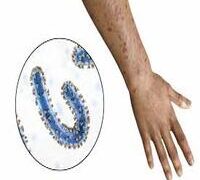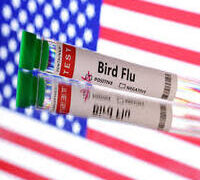Increased consumption of artificial sweeteners found in bread, pastries and biscuits, which are now being used by bakeries and food processing companies in place of sugar may pose serious health risks to Nigerians, experts have warned.
According to them, long-term use of artificial sweeteners for weight loss or to reduce the ‘risk of noncommunicable diseases’ may predispose to health risks that include diabetes, heart-related issues and kidney problems.
The recent guidelines on Non-Sugar Sweeteners by the World Health Organisation warned against the use of NSS to control body weight or to reduce the risk of noncommunicable diseases, insisting that NSS are not essential dietary factors and have no nutritional value.
The WHO urged people to reduce the sweetness of the diet altogether and should start early in life to improve their health.
It noted that the recommendation is based on the findings of a systematic review which suggests that the use of NSS does not confer any long-term benefit in reducing body fat in adults or children.
The WHO’s findings suggested that there may be potential undesirable effects from long-term use of NSS, such as an increased risk of type 2 diabetes, cardiovascular diseases, and mortality in adults.
The Director for Nutrition and Food Safety, WHO, Francesco Branca, said, “Replacing free sugars with NSS does not help with weight control in the long term. People need to consider other ways to reduce free sugar intake, such as consuming food with naturally occurring sugars, like fruit, or unsweetened food and beverages.





































